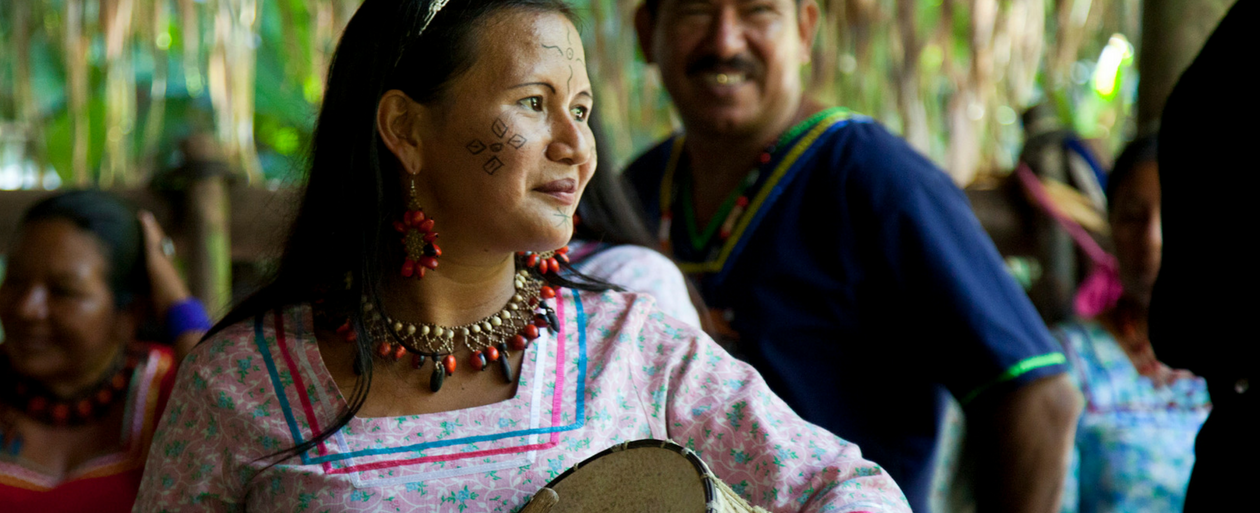By Alex Grossman, Director of Communications

Earlier this month Ecuador’s Constitutional Court made a unanimous decision to reject Chevron’s final appeal of a $9.5 billion pollution judgment that found the company guilty of deliberately dumping billions of gallons of toxic oil waste into the Amazon rainforest. This was a huge victory for indigenous groups that have been fighting for over two decades for environmental justice.
For 25 years, Texaco, now part of Chevron, was extracting oil in northern Ecuador. During that time the company dumped 18.5 billion gallons of toxic waste into 1,000 open-air, unlined pits. The pristine rainforest, local rivers, and 30,000 indigenous inhabitants were severely impacted by the toxic pollution, dealing with contaminated water, soil, and resulting health issues.
In 2011, an Ecuadorian judge ordered Chevron to pay $8.6 billion in damages and clean up the devastated region. For the past seven years, the company has been fighting this ruling. That is until July 11, 2018.
Today, we celebrate alongside the indigenous peoples and environmental defenders who have fought for decades against these injustices. Global Greengrants and Rainforest Action Network have worked together for over a decade in Ecuador supporting leading organizations on the frontlines in their efforts to hold Chevron accountable. We’ve awarded three grants alone to Amazon Defense Front to fund legal action, awareness campaigns, and make clean water and medical supplies more widely available.
The new ruling follows on the heels of other good news for those opposing oil exploitation in Ecuador.
In February 2018, a national referendum was passed in which the public voted to limit oil development in Yasuní National Park. Global Greengrants Fund has given many grants over the years to the campaign to keep oil out of this region, including to two groups, Yasunidos and Accion Ecologica.
Three grants we made in the past year, to the Asamblea de los Pueblos del Sur, the Confederation of Indigenous Nationalities of the Ecuadorian Amazon (CONFENIAE), and the Nacionalidad Shiwiar del Ecuador aim to leverage the political opportunity for dialogue about oil and mining development on indigenous lands that has opened since Lenin Moreno became president of Ecuador late last year.
Under pressure from civil society groups Moreno declared a moratorium on new mining concessions and a review of existing ones in December, 2017. In the Feb 5th referendum Ecuadorian citizens voted overwhelmingly to limit oil development in Yasuní National Park and to limit mining development in protected areas and urban zones. Days prior to the vote, social movement pressure led to the resignation of the mining minister a hold-over from the previous administration.
Of course indigenous groups and environmentalists are skeptical of the government’s commitment, but the outcome of the vote shows public support for limiting these activities and gives grassroots organizations more leverage.
As the battle for social and environmental justice wages on in Ecuador, it seems that the future is bright.
